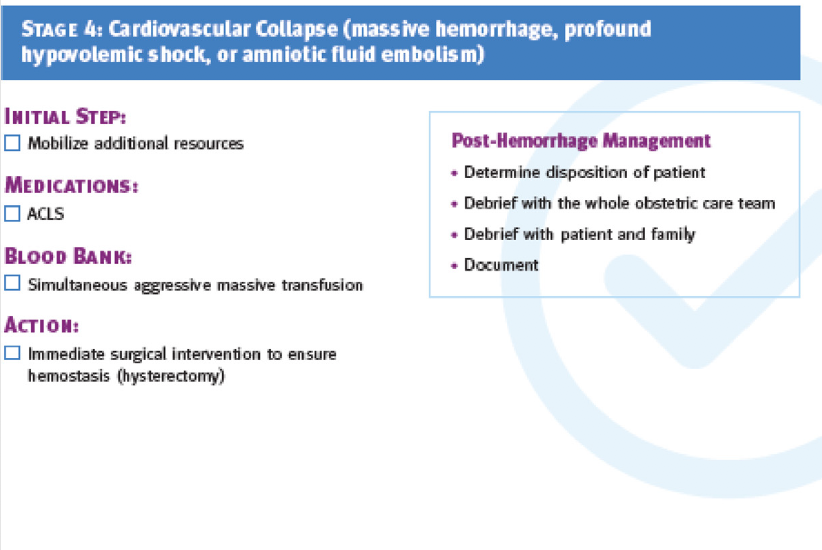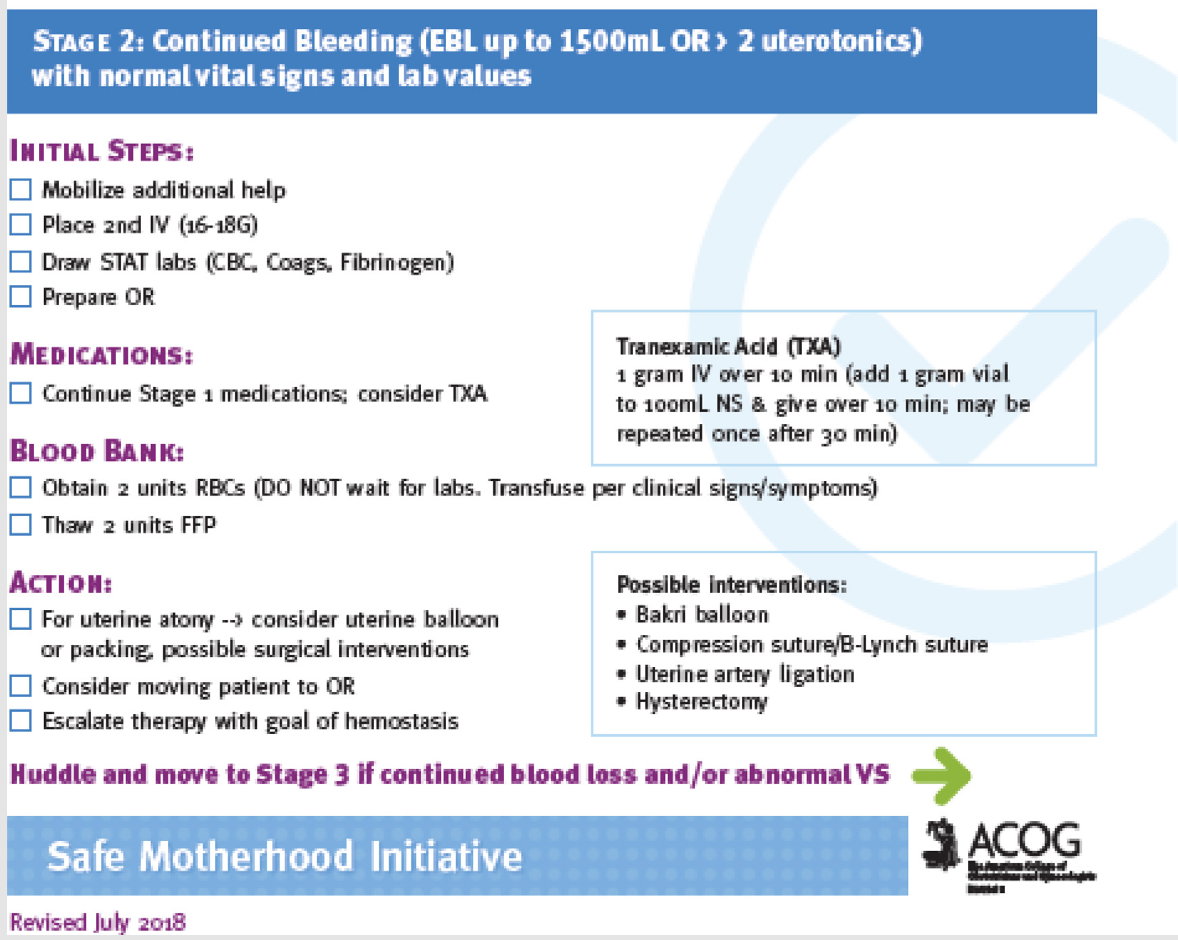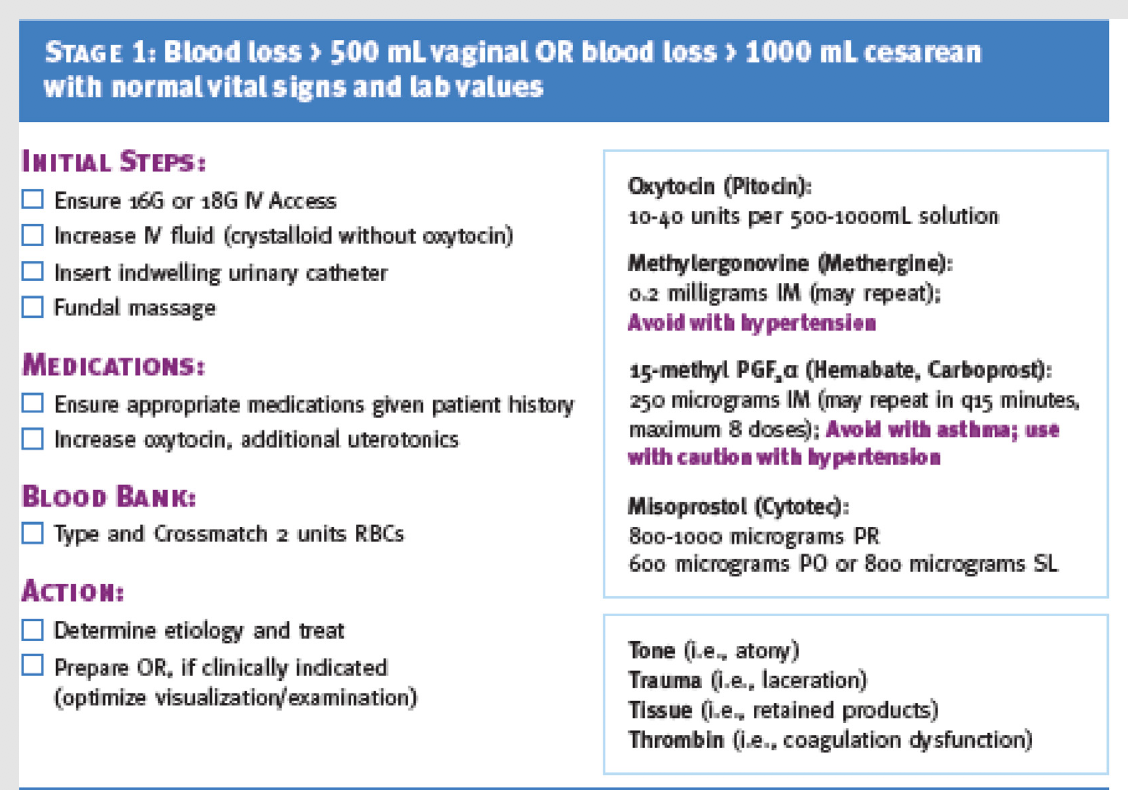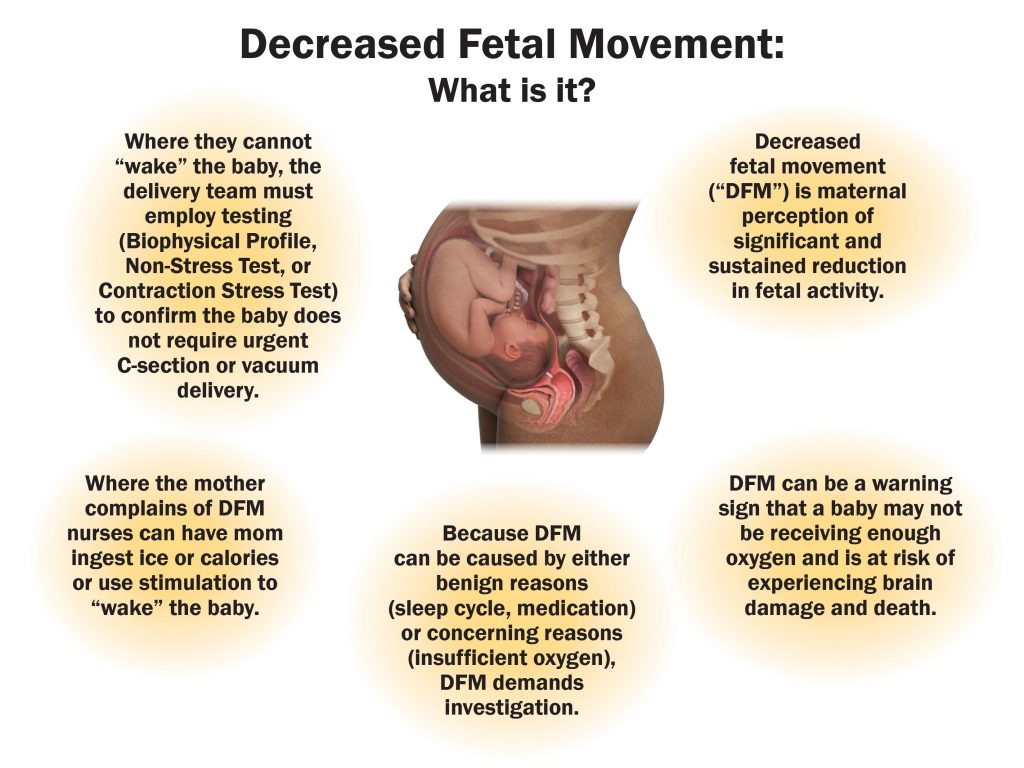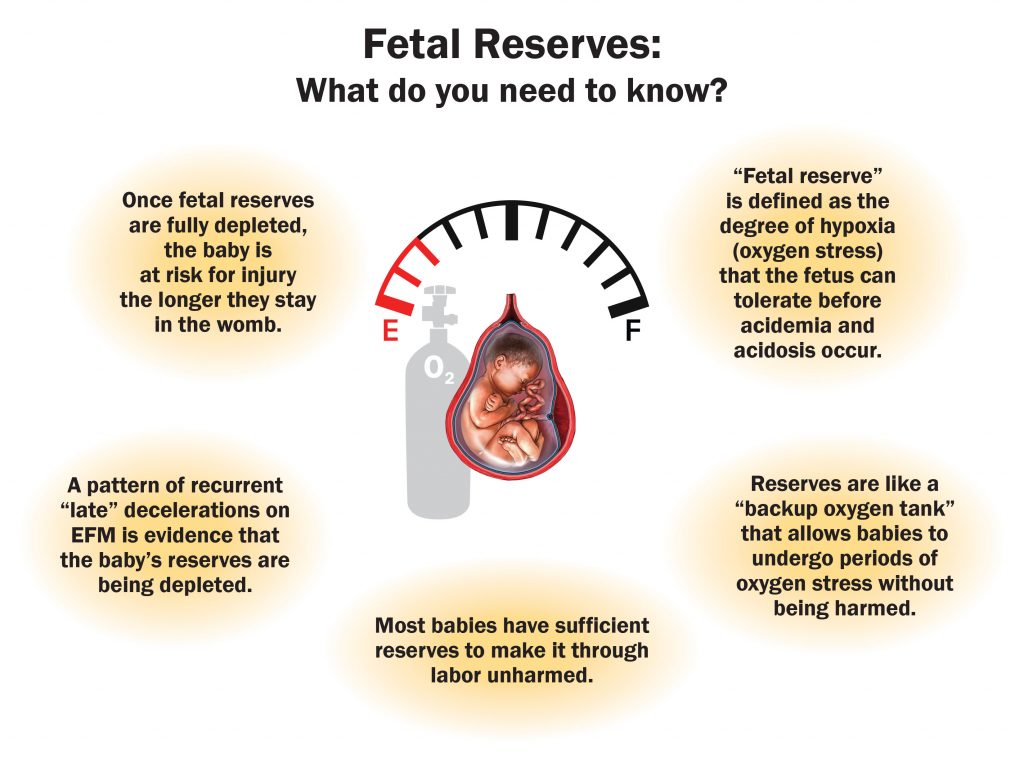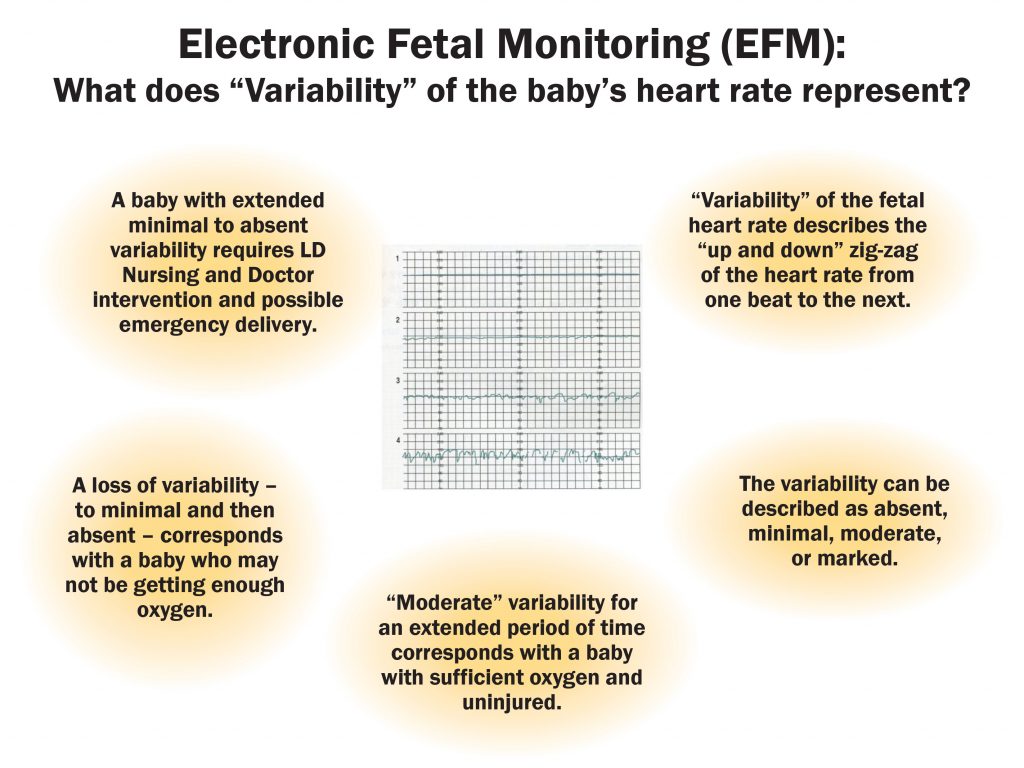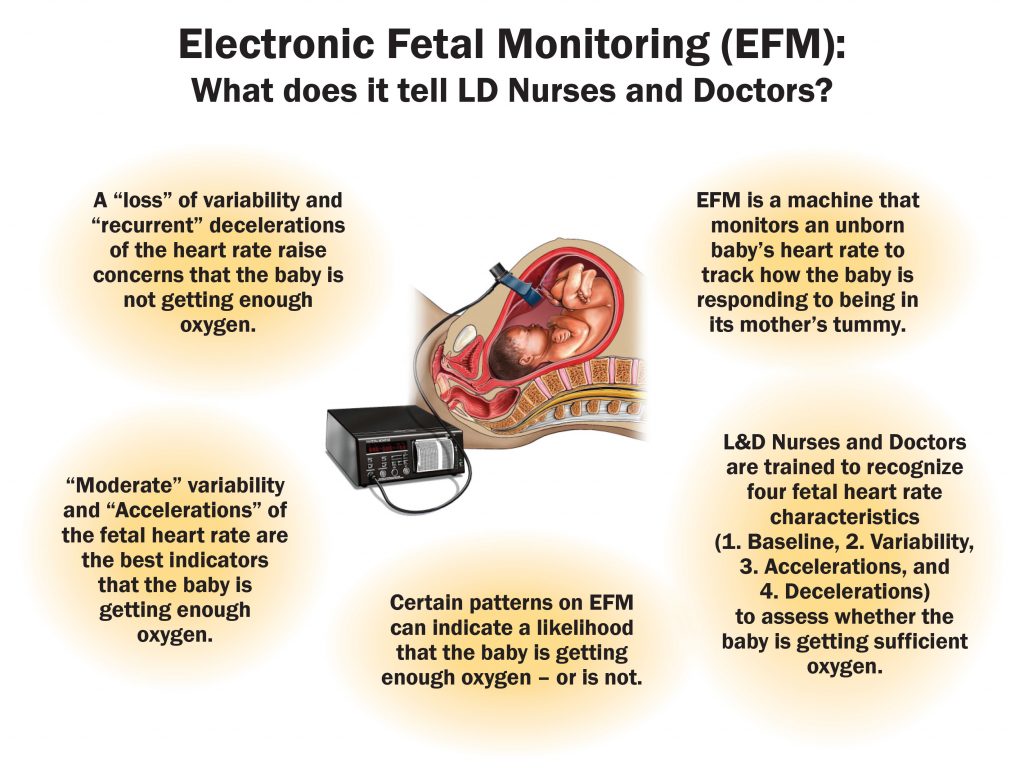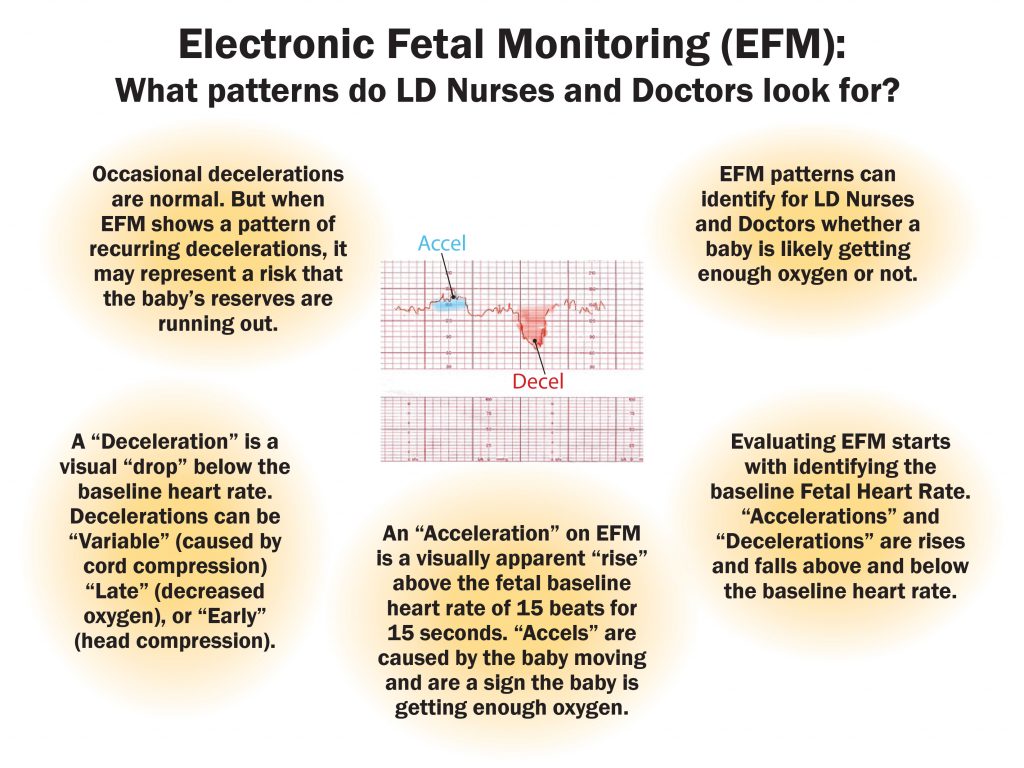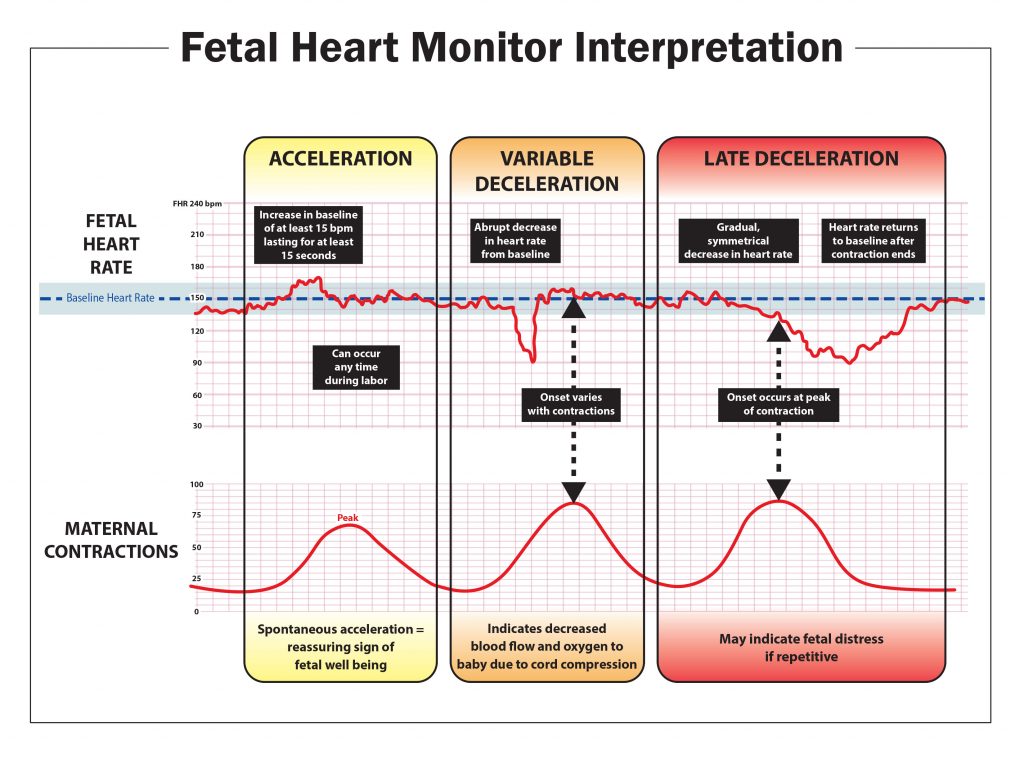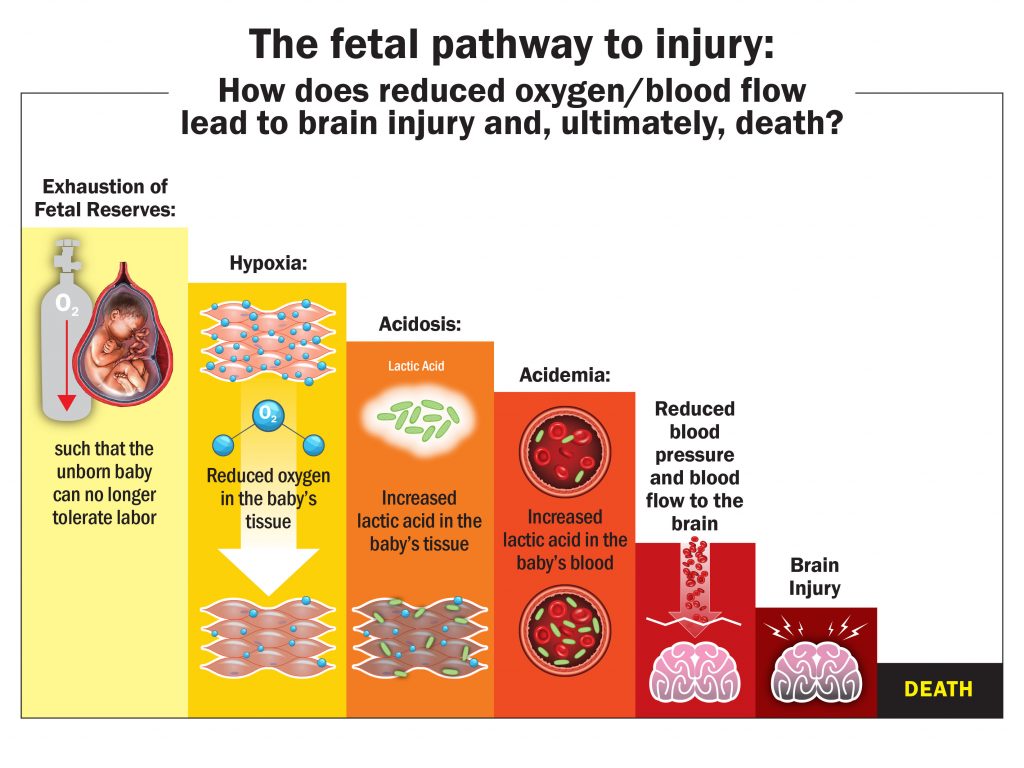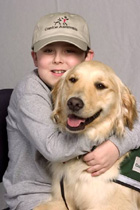 Here at Tyrone Law Firm, we do everything we can to help families who have children with special needs. In fact we have dedicated members of our staff who have had to navigate a path for their own children. If you are a parent, with a child with Cerebral Palsy or hypoxic brain injury, we hope these posts will bring new resources for you, your child, and your family:
Here at Tyrone Law Firm, we do everything we can to help families who have children with special needs. In fact we have dedicated members of our staff who have had to navigate a path for their own children. If you are a parent, with a child with Cerebral Palsy or hypoxic brain injury, we hope these posts will bring new resources for you, your child, and your family:
Service dogs aren’t just for adults with PTSD anymore. A lot of dogs are being trained in different areas to help children with special needs. These dogs can help children and adults with physical disabilities and other special needs. Most service dogs are born and raised in an environment that they can be trained in.
Canine Assistants, in Milton, Georgia, trains their dogs in their own facility. Most dogs are trained as puppies, but they occasionally rescue retrievers and goldens from shelters. Their dogs are trained to help children and adults with special needs in a variety of ways. There are many tasks service dogs are trained to perform, such as opening and closing doors, turning off the lights, pulling and pushing wheel chairs and companionship to name a few.
Canine assistant service dogs aren’t just trained for physical tasks. They are often trained as companion dogs and provide children with social comfort. These dogs offer a sense of security and help with common tasks around the home. Often, children with disabilities and special needs feel left out by their peers. Companion dogs contribute to the emotional well-being of their owner. They also help eliminate fear, isolation, and loneliness.
Not only are service dogs trained for physical and social needs, but they can also be trained as seizure response dogs. Seizure response dogs are often adopted from shelters and various organizations. They are thoroughly screened for temperament, personality and general health, then can begin training. After general training, the seizure response dogs are trained for specific needs. There are three areas a dog may be trained in, but they are only trained for one of the following three, depending on the recipient’s need: remain next to the person during the course of a seizure, summon help in a controlled environment, or retrieve a phone prior to the seizure when indicated by the recipient. Over time, a dog may be able to predict their owners oncoming seizure.
Jennifer Arnold, is the Founder and Executive Director of Canine Assistants, which is a non-profit organization that trains and provides service dogs for children and adults with physical disabilities or other special needs. Ms. Arnold was diagnosed with multiple sclerosis as a teenager and spent two years in a wheelchair. She often felt like a burden to those around her. Ms. Arnolds father heard of a company in California that provided service dogs to people in wheelchairs. He decided to start a similar program in Georgia, but was killed by a drunk driver just three weeks after his first planning meeting. It took 10 years, but Ms. Arnold and her mother carried out her father’s dream in 1991.
Any child or adult in the United States with a physical disability, seizure disorder or other special need can apply for a service dog. There is an online application and medical form used to apply for a service dog. An interview will be scheduled about four weeks after the application is received. This interview will help determine if a service dog would benefit the applicant. There is a waiting list for the service dogs, but it is need based, not based upon when you apply. When you are selected from the waiting list, there is a two week training seminar that takes place in Milton, Georgia. If you qualify, financial assistance may be available for the training period and extended care for the service dog.
If you would like to know more about service dogs for children with disabilities, or other resources for your family you can find Canine Assistants on the web at: http://www.canineassistants.org/. If our firm can ever help you or someone you know, please don’t hesitate to contact us at the Tyrone Law Firm.
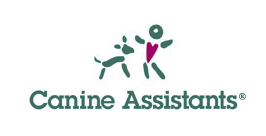




 Hayley serves as a Labor and Delivery Nurse Consultant for the Tyrone Law Firm. She attended and graduated Cum Laude from the University of Georgia in 2004 with a Bachelor of Arts degree in Journalism/Public Relations. After graduation she moved to the gulf coast where she pursued a career in real estate and development.
Hayley serves as a Labor and Delivery Nurse Consultant for the Tyrone Law Firm. She attended and graduated Cum Laude from the University of Georgia in 2004 with a Bachelor of Arts degree in Journalism/Public Relations. After graduation she moved to the gulf coast where she pursued a career in real estate and development.
